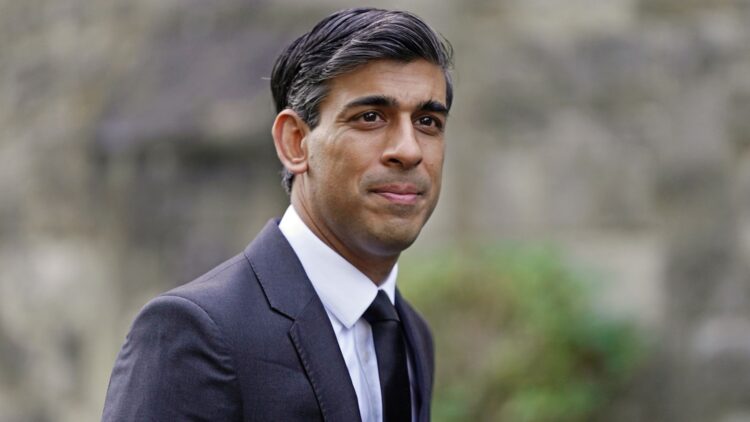By Ben Kerrigan-
The UK government has joined forces with the US and the EU to announce new sanctions against Russia’s central bank. It has also banned British people and businesses from making transactions with the Russian central bank, its finance ministry and its wealth fund.
The move is aimed at cutting off Moscow’s major financial institutions from Western markets, in addition to sanctions made earlier in the week.
Chancellor Rishi Sunak said the sanctions was demonstrative of ” our steadfast resolve in imposing the highest costs on Russia and to cut her off from the international financial system so long as this conflict [with Ukraine] persists”.
Western nations announced the imposition of sanctions on Russia’s central bank over the weekend to prevent it from selling its vast reserves to prop up its own banks and companies.
An additional ban was also imposed against Russian banks from Swift- an international payment system- the global financial artery that allows the smooth and rapid transfer of money across borders. Banning Russian from using Swift is expected to hit payments for its key energy and agricultural products and is expected to “harm their ability to operate globally”
A Kremlin spokesman said: “The Western sanctions on Russia are hard, but our country has the necessary potential to compensate [for] the damage.”
Russia is no stranger to sanctions, and would have expected sanctions to follow its invasion of Ukraine, but may not quite have envisaged the scale of those sanctions.
The widening of sanctions against Russia is an expression of the determination of the West to make Putin pay hard for his unlawful invasion of Ukraine.
Russian forces have not relented on its attack against Ukraine, viewing it as a necessary step to prevent the country from pursuing its ambitions of joining NATO.
Putin’s actions are also unpopular with the majority of his own people residing in the country.
Russia’s invasion of Ukraine is already affecting oil prices and global oil prices.
The RAC said the average price of petrol jumped to £1.51 a litre on Sunday, while diesel increased to £1.55.
The price of both fuels has jumped since Thursday, when Russia began its assault on Ukraine.
RAC fuel spokesman Simon Williams said despite oil prices calming, prices at the pump will continue to rise.
The cost of filling a 55-litre family car with unleaded petrol is now £83, or £85 for diesel.
“This week will be an important one in terms of the oil price as it’s likely to reveal the speed of the inevitable upward trend or the extent of the volatility in the market,” said Mr Williams.
Bank of England governor Andrew Bailey is due to meet chief executives of High Street banks and building societies on Monday to discuss the potential impact.
The Western world is determined to frustrate Russia’s economic might as a result of its breach of internationals law.
Mr Bailey said: “The Bank of England continues to take any and all actions needed to support the government’s response to the Russian invasion of Ukraine.”
As political tensions rise over Russia’s invasion of Ukraine, Vladimir Putin placed its nuclear deterrence forces on high alert, after comments made by Liz Truss, a Kremlin spokesman revealed today.
Dmitry Peskov said that “unacceptable” statements were made “by various representatives at various levels”, and specifically named the foreign secretary.
On Sunday Mr Putin said his nuclear order was due to “aggressive statements” by Nato countries and economic sanctions placed on Russia.
In response Boris Johnson said the escalation was a “distraction” from the failures of the Russian president’s army to breakthrough in Ukraine.
Meanwhile, Labour has criticised new immigration rules brought in to help Ukrainians seeking refuge in the UK, calling them “shameful”.
The relaxation of immigration rules comes after the government faced intense criticism over failing to relax the visa requirements for Ukrainian nationals earlier this week.

